Five Pro-Life Books Every Christian Should Be Reading Now

With the recent overturning of Roe v. Wade, Christians are having more pro-life discussions than they have in a long time. Whether these conversations take place with other pro-life Christians, with pro-choice Christians, or with pro-choice non-Christians, it’s important to be prepared when these conservations happen.
The following lists five pro-life books that will help Christians think about the abortion debate and prepare for such conversations. The books include apologetics arguing for a pro-life position, fiction books about pro-life topics for children and adults, and an inside look at the abortion industry from a former Planned Parenthood doctor.
Photo Credit: Unsplash/Isaac Quesada
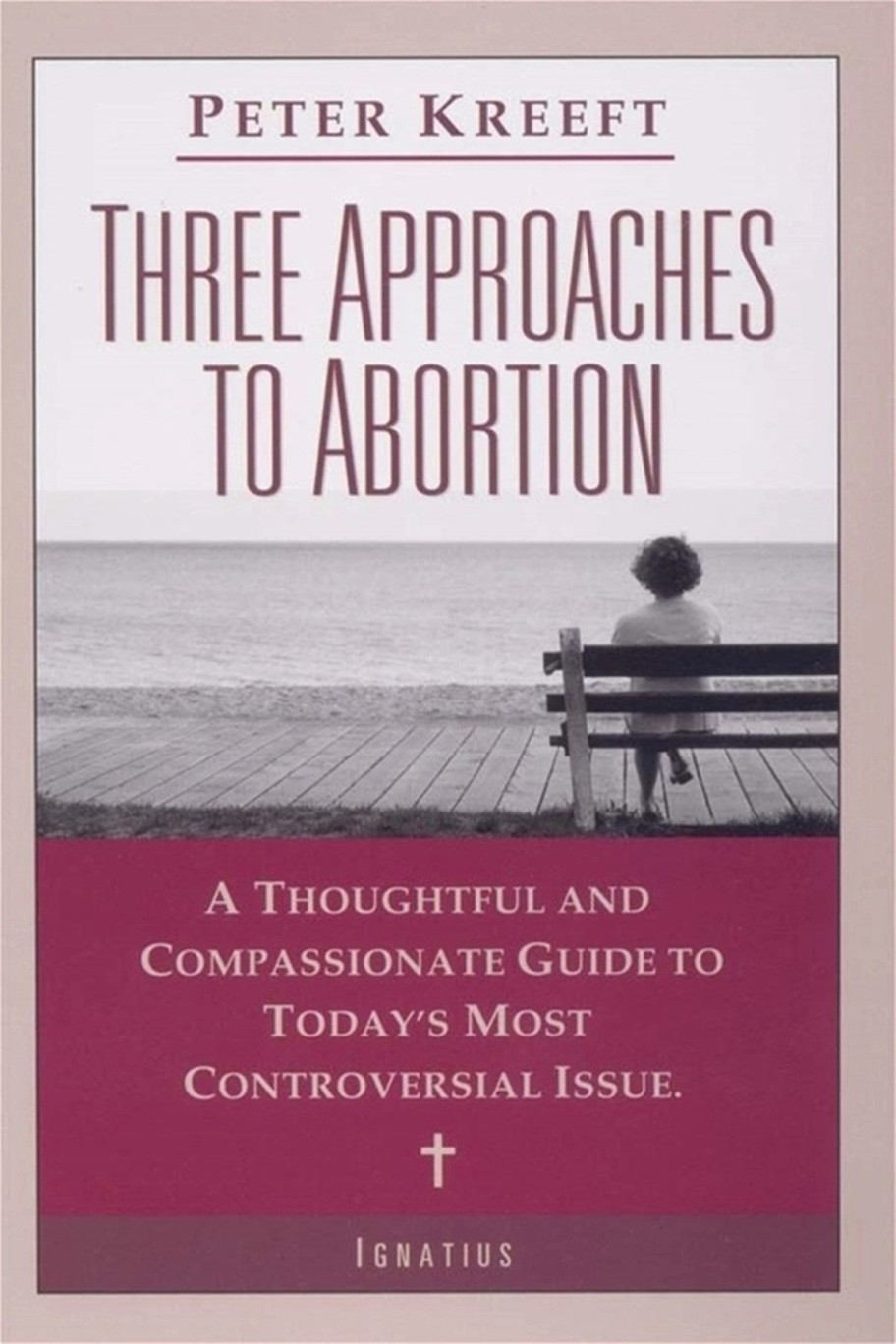
1. Three Approaches to Abortion by Peter Kreeft
Apologetics plays an important role in pro-life discussions. Making a clear, logical argument can help others see inconsistencies in their views. At the same time, it’s important we remember that we all have personal reasons based on experience for what we believe, reasons that aren’t based on cold logic. Therefore, we need apologetics that shows why a position is consistent and logical, while recognizing the subjective side of the discussion. Peter Kreeft’s Three Approaches to Abortion is a great apologetics resource for pro-life discussions, because he appeals to both sides.
Peter Kreeft has written many books where he considers tough religious questions from unexpected positions—including a book where he imagines a conversation between C.S. Lewis, Aldous Huxley, and John F. Kennedy. Here, Kreeft looks at abortion from three angles: a logical argument against abortion, a personal explanation that shows 15 motives for being pro-life, and a fictional dialogue that addresses 15 common pro-choice arguments. The final section creates two fictional characters—a Muslim philosopher named Isa who opposes abortion and a feminist reporter named Libby who argues for abortion. Readers who enjoy this dialogue may want to check out A Refutation of Moral Relativism, where Kreeft uses the same characters to discuss the need for objective morality.
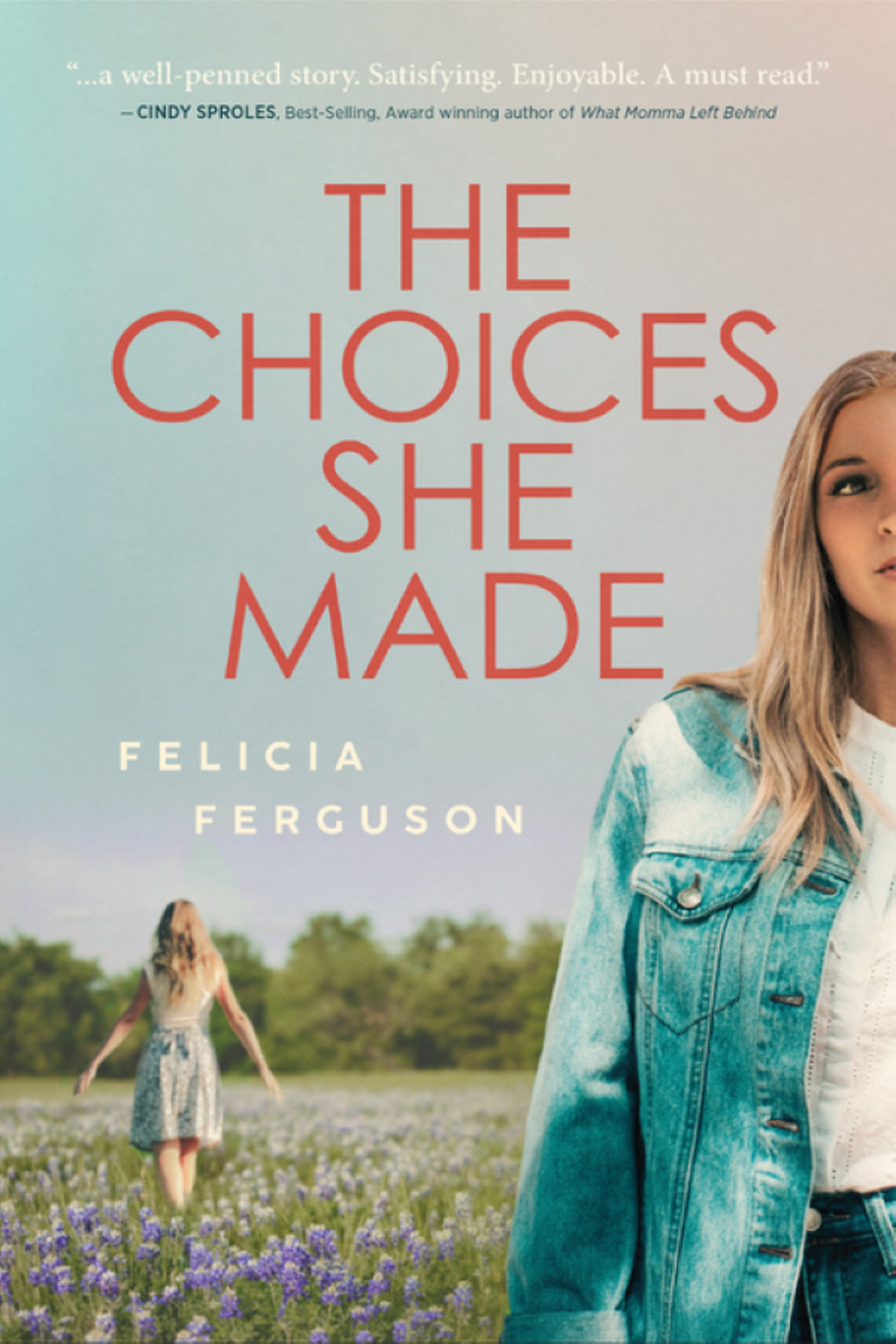
2. The Choices She Made by Felicia Ferguson
Sometimes the best way to discuss a topic is through a well-told story. Pro-life arguments are important, but ultimately, a story impacts us in a different way, loosening defenses that nonfiction can’t touch. Stories can also help people who already believe something explore why they believe it, and see the ideas played out through a fictional character.
In this pro-life novel by Felicia Ferguson, Madeline Williams is a 17-year-old who becomes pregnant after an assault in 1997. Madeline leaves her family to raise the child alone away from her hometown, away from anyone who might be able to guess what happened. When she comes back to her hometown a few years later to talk with her father about his ranch, she discovers the assailant is going to trial for attacking other women. His legal team is excellent and he’ll probably walk away free…unless new witnesses come forward. Will Madeline be able to tell people what really happened? How will her daughter react to the news about who her father is?
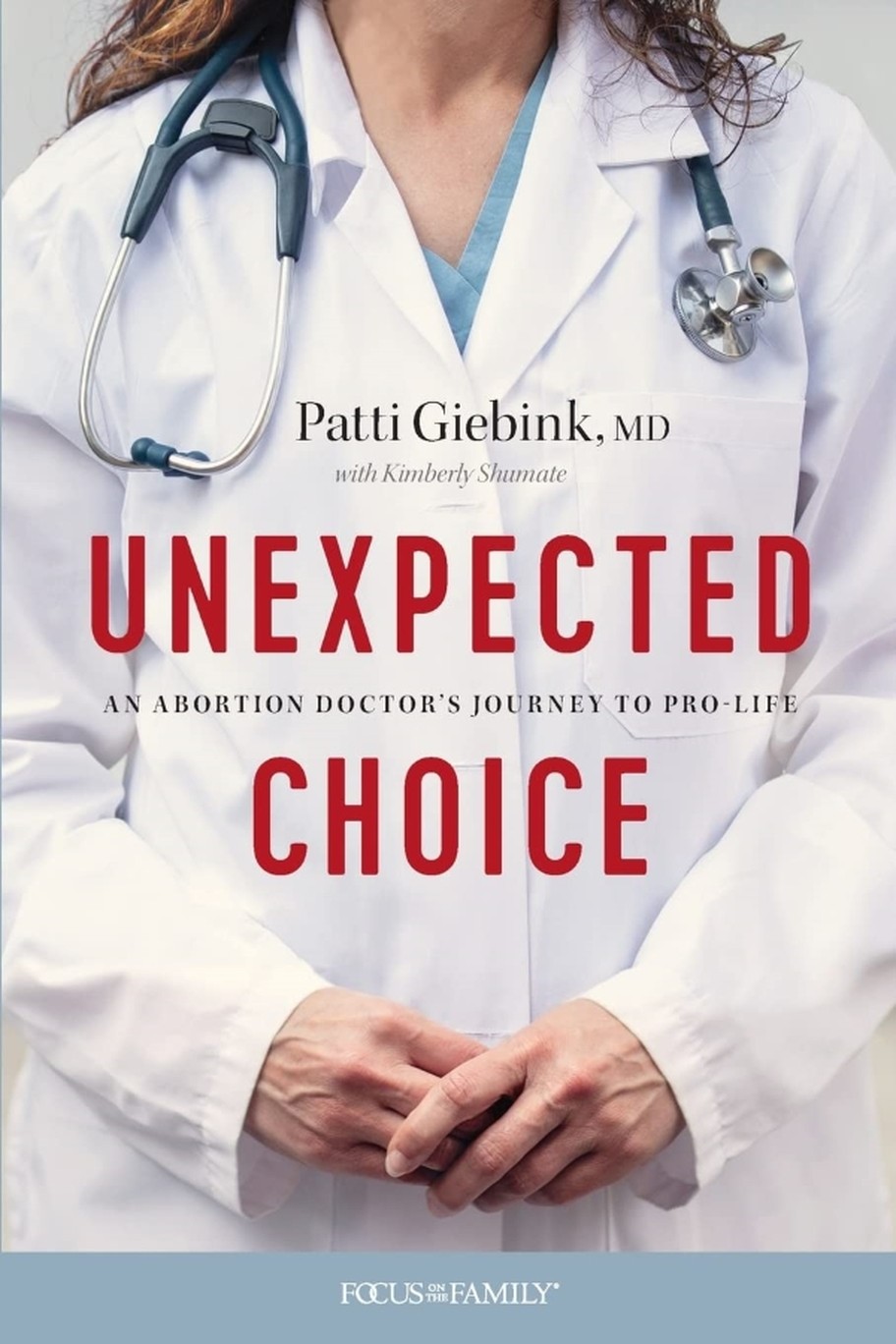
3. An Unexpected Choice by Patti Giebink
An important step in arguing a pro-life position is trying to understand others’ views from the inside. Understanding how pro-choice doctors or advocates see things helps us understand how they reached their positions, and maybe spot flaws in their arguments. When we read perspectives by people who used to work in the abortion industry, we gain something else: an understanding of why pro-choice advocates shift their position.
In 1996, Dr. Patti Giebink was the only doctor providing abortions in South Dakota. At the time she found it easy to hold a pro-choice position—the medical dangers of getting an illegal abortion were terrible, and it seemed the only choice for many women who had pregnancies they didn’t want to carry to term. However, a year working at Planned Parenthood and other factors slowly nudged Giebink from her sure position toward a new one. After becoming a Christian, she reexamined the medical facts about abortion, considering whether her position had flaws she hadn’t noticed at the time. Readers looking for other memoirs about may enjoy Unplanned by Abby Johnson.
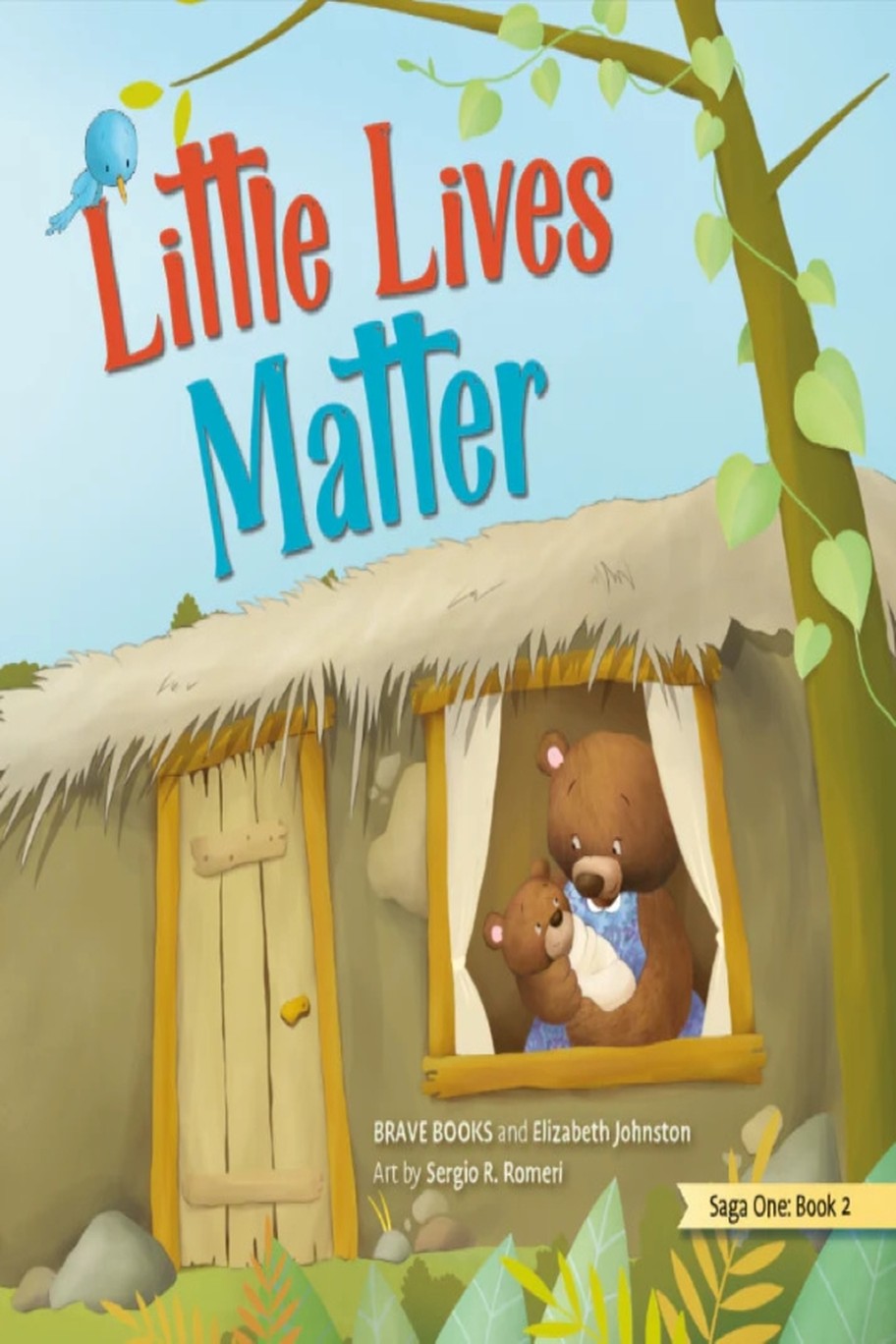
4. Little Lives Matter by Elizabeth Johnston, illustrated by Sergio R. Romeri
Fiction that encourages grown-ups to think about their views is crucial, but it’s equally important to have fiction that shows children pro-life ideas. The stories we tell children can help prepare their beliefs, giving them a foundation for life’s complexities when they become adults.
Little Lives Matter follows Mother Bear and her son Mobi. Mobi was born with three paws instead of four, which makes even little things difficult for him and for his mother. However, Mother Bear sticks by her son, loving him even when others question whether caring for Mobi is worth it. As Mobi grows up and wonders about his place in the world, he must face those complicated questions himself.
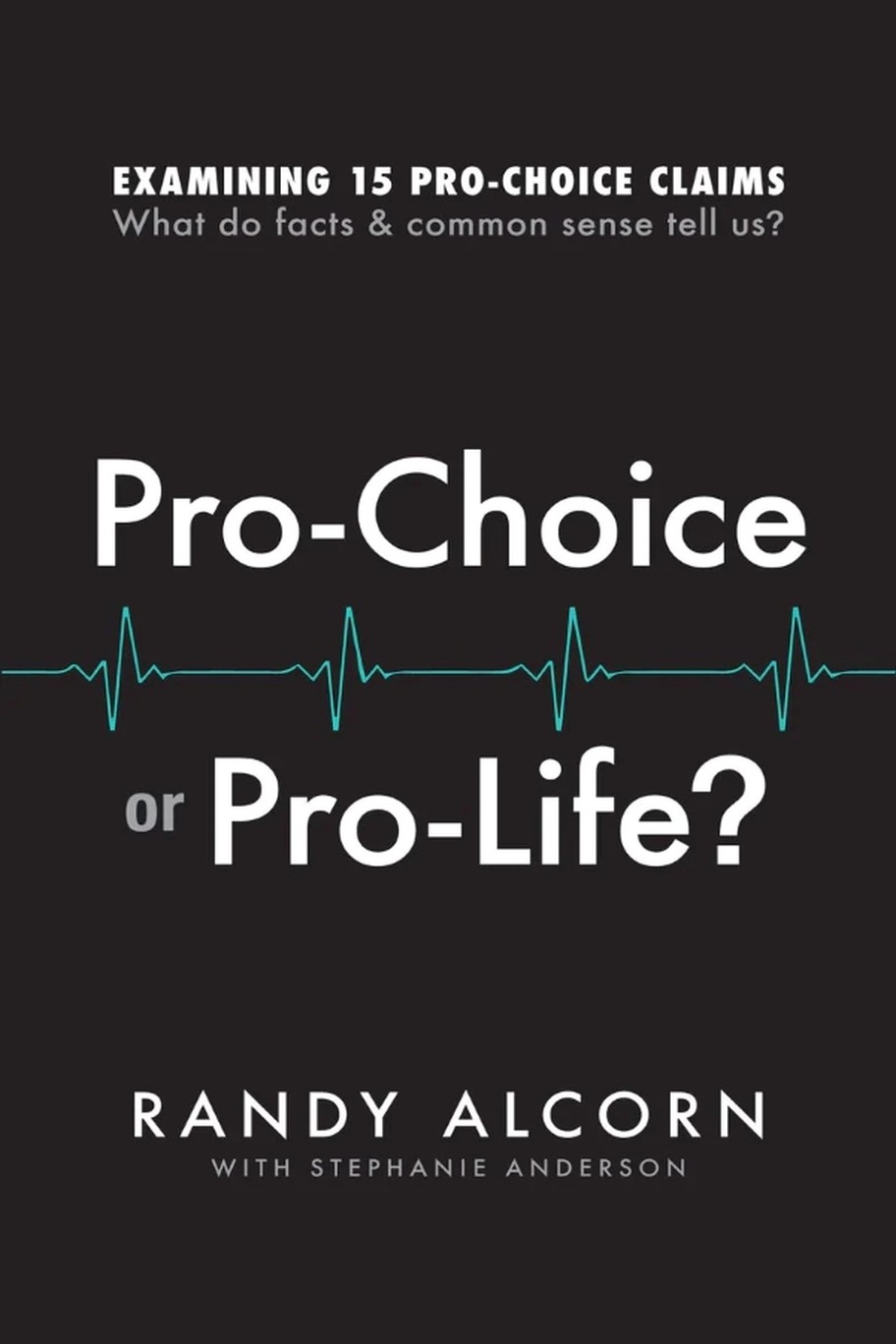
5. Pro-Choice or Pro-Life? by Randy Alcorn
Apologetics is important to arguing a position, but we need more than just well-crafted apologetics arguments by gifted scholars like Peter Kreeft: we also need people who can translate the debate into easy language for everyday readers.
Randy Alcorn provides the everyday reader with exactly what they need in Pro-Choice or Pro-Life? He looks at 15 pro-choice claims (including “the embryo isn’t a baby” and “a fetus may be a human but not a person”), then unpacks their implications. In each case, he highlights the shortcomings or where the position leads. Each discussion is short but packed with interesting ideas, while being easy to understand even if readers haven’t read much about abortion. Readers who enjoy this book may also enjoy Alcorn’s earlier book Why Pro-Life? Caring for the Unborn and Their Mothers.

Where to Find Other Pro-Life Resources
Reading good books is an important part of arguing a pro-life position, but only part of the puzzle. If you want other pro-life resources (such as movies or study guides), check out national pro-life organizations like Focus on the Family to see what they recommend.
Connecting to your local pro-life community is also vital. See if pro-life organizations, such as Save the Storks, have offices in your area. Contact your local church to see if they have any pro-life services that need volunteers.
Most importantly, be open to charitable, civil conversation with the people you interact with every day. You may find your neighbors or coworkers have opinions about abortion you didn’t know about, and are just waiting for someone who’s willing to listen and have a clear discussion. Cultivate an attitude of care and love so you can have these conversations without resorting to personal attacks, and you’ll be surprised what happens next.
Further Reading:
Does “Thou Shalt Not Kill” Apply to Abortion?
What Is the Christian Perspective On the Roe v. Wade Decision?
Norma McCorvey, the Jane Roe in Roe v. Wade
30 Pro-Life Bible Verses and Christian Quotes
Whatever Happened to Jane Roe?
Photo Credit: ©iStock/Getty Images Plus/Daniel A'Vard
Originally published June 29, 2022.









